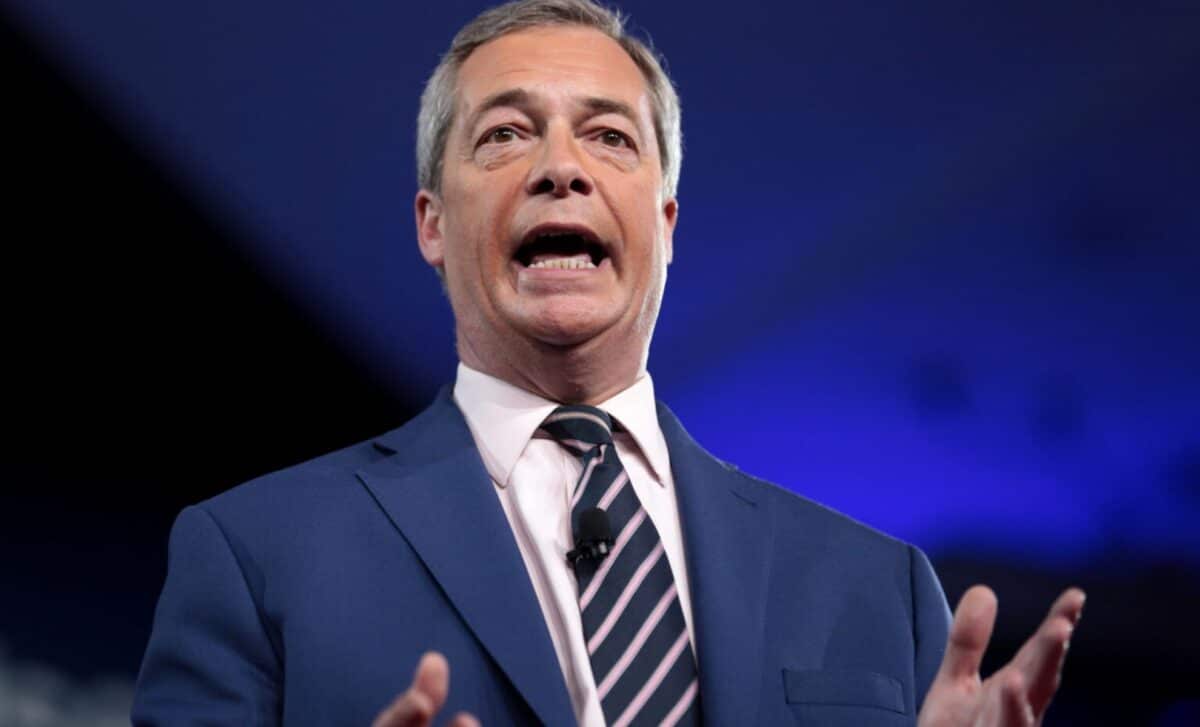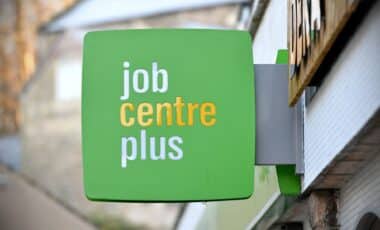The political and economic debate over taxation thresholds in the UK has re-emerged as Reform UK, led by Nigel Farage, proposes a substantial change to income tax policy.
Central to the party’s agenda is a pledge to raise the personal tax-free allowance to £20,000, a move designed to shift the financial landscape for millions of low-income earners. This proposal comes amid wider concerns about cost-of-living pressures, employment incentives, and public sector retention.
Positioned as a response to what the party describes as long-term failures by both Labour and Conservative governments, the plan is part of Reform UK’s broader economic strategy aimed at restoring growth, reducing dependency on welfare, and reshaping the UK’s fiscal framework.
A Push for Working-Class Tax Relief
Reform UK has outlined a proposal to raise the income tax starting threshold to £20,000, aiming to save lower-paid workers up to £1,500 annually. According to statements by Nigel Farage, the objective is to boost real incomes for working Britons and reduce the disincentive to seek employment for those currently receiving state benefits.
In Farage’s words, the reform “would mean people on low pay genuinely will be a bit better off,” while also encouraging those on welfare to return to work by making employment more financially viable.
The party argues that individuals working more than 16 hours a week often face significant benefit withdrawal, discouraging labour participation. The new tax-free threshold seeks to resolve this imbalance.
Under this plan, the existing 20% basic and 40% higher income tax rates would remain unchanged. Reform UK contends that this restructuring would not only deliver immediate financial relief to the lowest earners but also reshape labour market incentives.
According to the party’s proposal, all frontline NHS and social care workers would be exempt from basic income tax for a period of three years, aimed at improving retention and recruitment in public services.
Broader Economic Agenda Beyond Taxation
Reform UK’s tax policy is part of a wider economic platform which includes a push for energy independence and domestic reindustrialisation. Speaking on the matter, Farage linked fiscal reform to a broader plan to revive British industry. He stressed the need for “a proper, sound industrial policy,” dependent on increasing domestic production of gas, oil and coal.
The party has also addressed the issue of national insurance, proposing to maintain employers’ contributions at 13.8%, but only for British citizens. This measure, according to Reform UK, would incentivise the hiring of UK nationals and is expected to generate over £20 billion across five years. These funds would be allocated towards training and apprenticeships for young workers.
In the manifesto, the party casts both Conservative and Labour governments as having eroded public trust through unmet promises and economic mismanagement.
Reform UK frames its platform as a challenge to the political mainstream, describing its tax policy as “radical fresh thinking” intended to restore public confidence and address what it sees as long-standing structural failings in the British economy.









